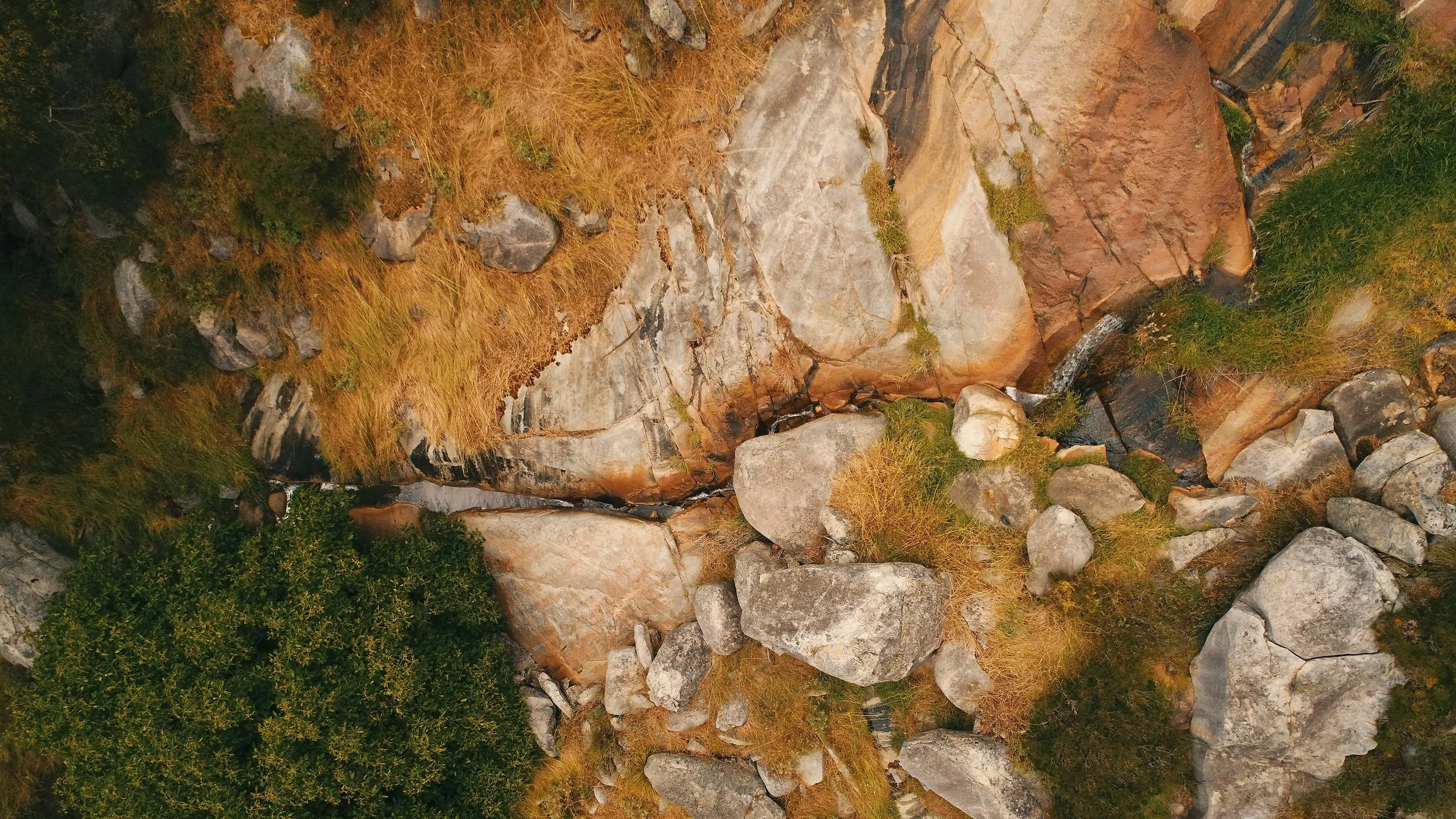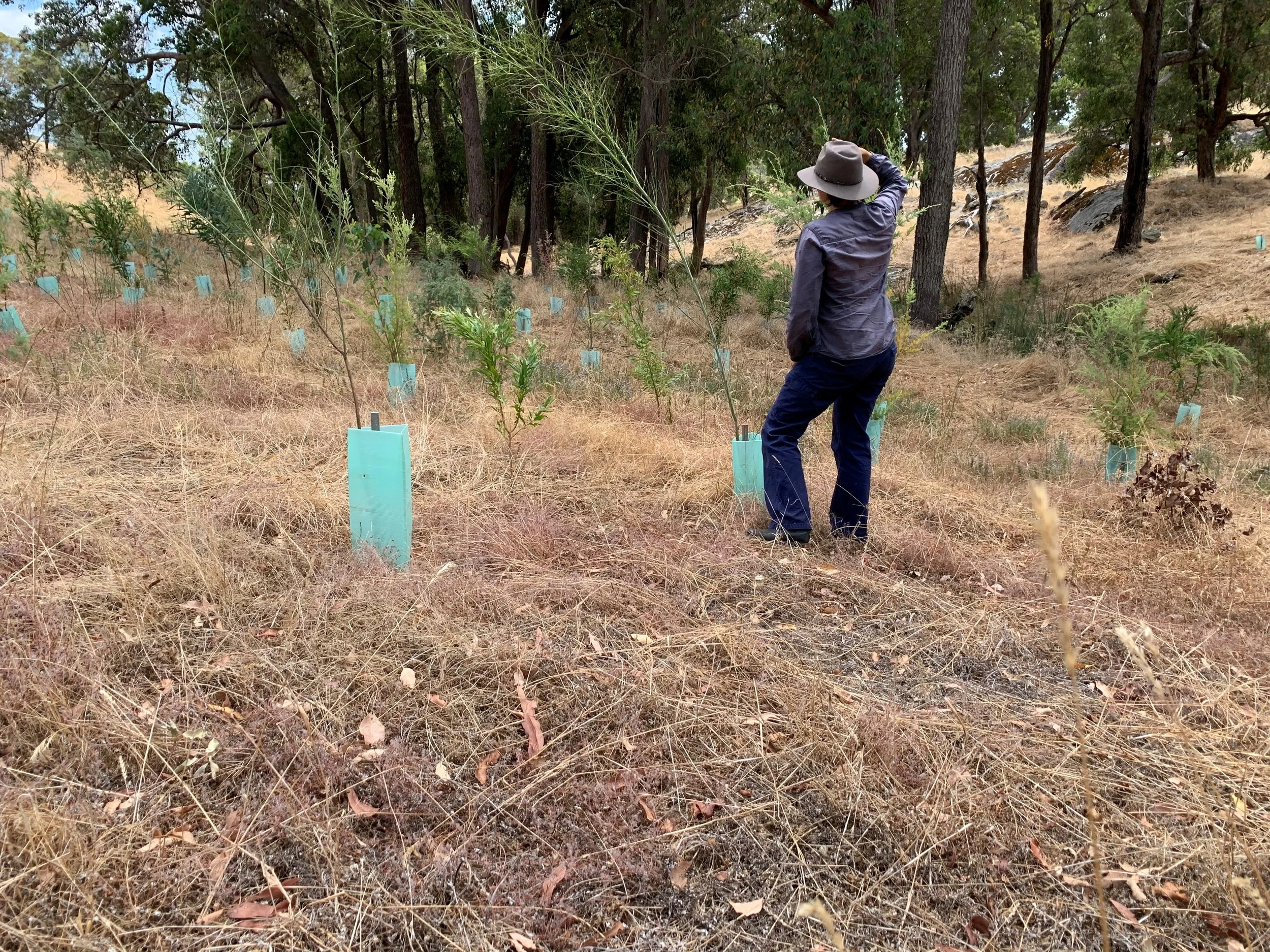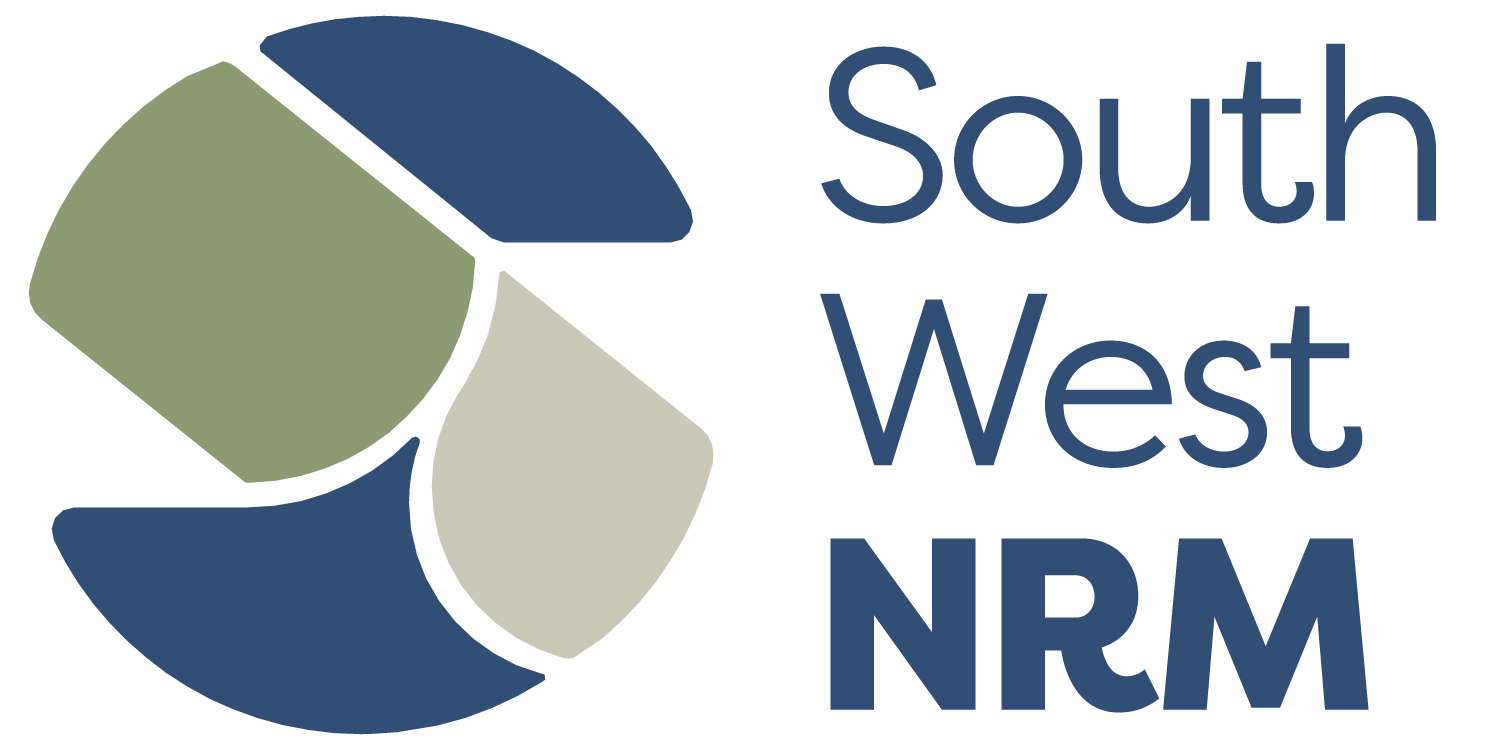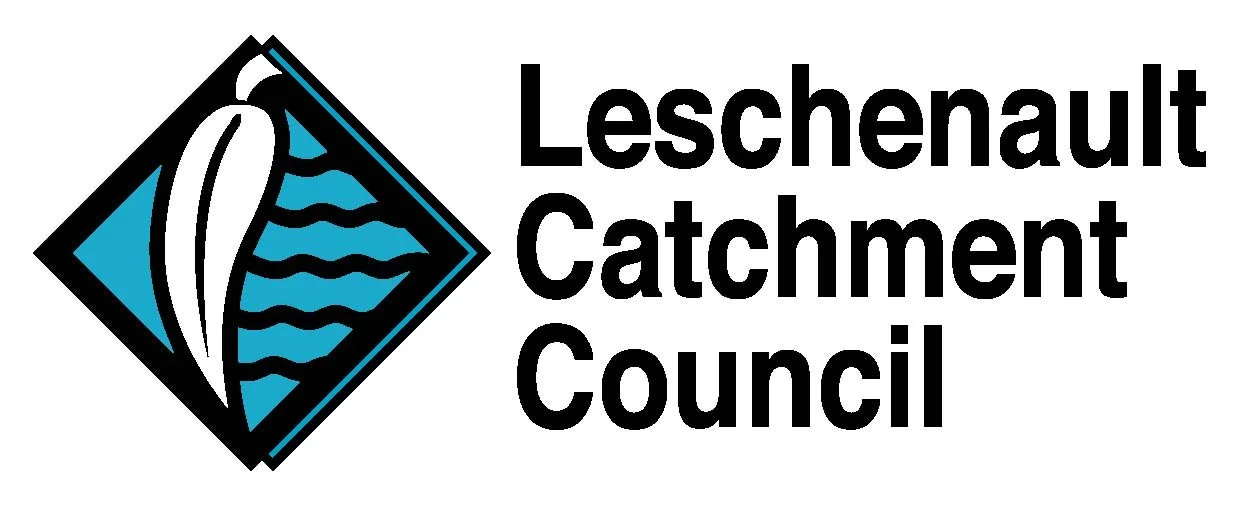
Farm Efficiencies and Sustainability Towards 2030 (FEaST2030)
A 3.5-year regional initiative supporting farmers across the South West of WA to adapt to a changing climate while boosting productivity and environmental outcomes.
Led by South West NRM and supported through the Australian Government’s Climate-Smart Agriculture Program, the project focuses on four key areas: feed and fodder management, perennial pasture adoption, water security, and biodiversity enhancement - particularly around farm dams.
Why farm dams?
There are nearly two million farm dams across Australia, and many are under pressure from declining rainfall, increased evaporation, and livestock impacts. Enhancing even a small proportion of these systems could significantly improve water quality, reduce emissions, and provide vital habitat for native species.
Through simple, low-cost interventions like fencing, revegetation with native plants, and off-stream watering points, landholders can transform degraded dams into valuable landscape assets. The improvements don’t just benefit the environment - they can also support livestock health, reduce disease risk, and improve weight gain and productivity.
Recent research has shown that enhanced farm dams can reduce methane emissions by up to 56% due to better water quality and reduced nutrient loads. In addition, restored vegetation around dams provides critical habitat for birds, frogs, insects, and other native wildlife.
Building resilience for climate change
The need for projects like FEaST2030 is urgent. The South West of WA is one of the world’s climate change ‘hotspots’, with drought months predicted to increase by up to 80% in the next 50 years. Farm businesses are already experiencing the impacts of reduced rainfall, seasonal variability, and a decline in profitability - estimated around 23% over the past two decades.
Agriculture also plays a critical role in Australia’s emissions profile, contributing about 17% of the nation’s net greenhouse gases. FEaST2030 supports farmers to adopt climate-smart, science-backed strategies that reduce emissions and create opportunities for participation in emerging carbon and biodiversity markets.
Community and collaboration
The project is being delivered through a series of field days, workshops and demonstration sites across the region, with support from local organisations (such as us!), including:
Landholder workshops exploring how dam enhancement practices can be applied, giving landholders access to practical knowledge, on-ground demonstrations, and expert guidance.
Perennial Pasture monitoring program, aiming to give farmers more knowledge and confidence related to selecting, establishing and managing perennials.
Landholder workshops on water security, giving farmers more confidence to make cost effective investments in farm water quality, conservation and capture practices.
Western Beef will deliver a feed efficiency workshop, emphasising the importance of hay/silage quality and outlining how to improve quality and minimise losses through good storage of feed and feed-out practices and also a second workshop demonstrating the use of Rumen8 software to help beef producers develop feed budgets.
This project provides landholders with a great opportunity to engage with emerging research, trial new approaches and connect with others who are also working towards more sustainable and resilient farming systems.
Subscribe to our newsletter for project updates, local results and upcoming events.
For more information, visit South West NRM’s FEaST2030 project page.
This project is supported by the Australian Government through funding from the Natural Heritage Trust under the Climate-Smart Agriculture Program and delivered by South West NRM, a member of the Commonwealth Regional Delivery Partners panel with support from project partners including Leschenault Catchment Council.









